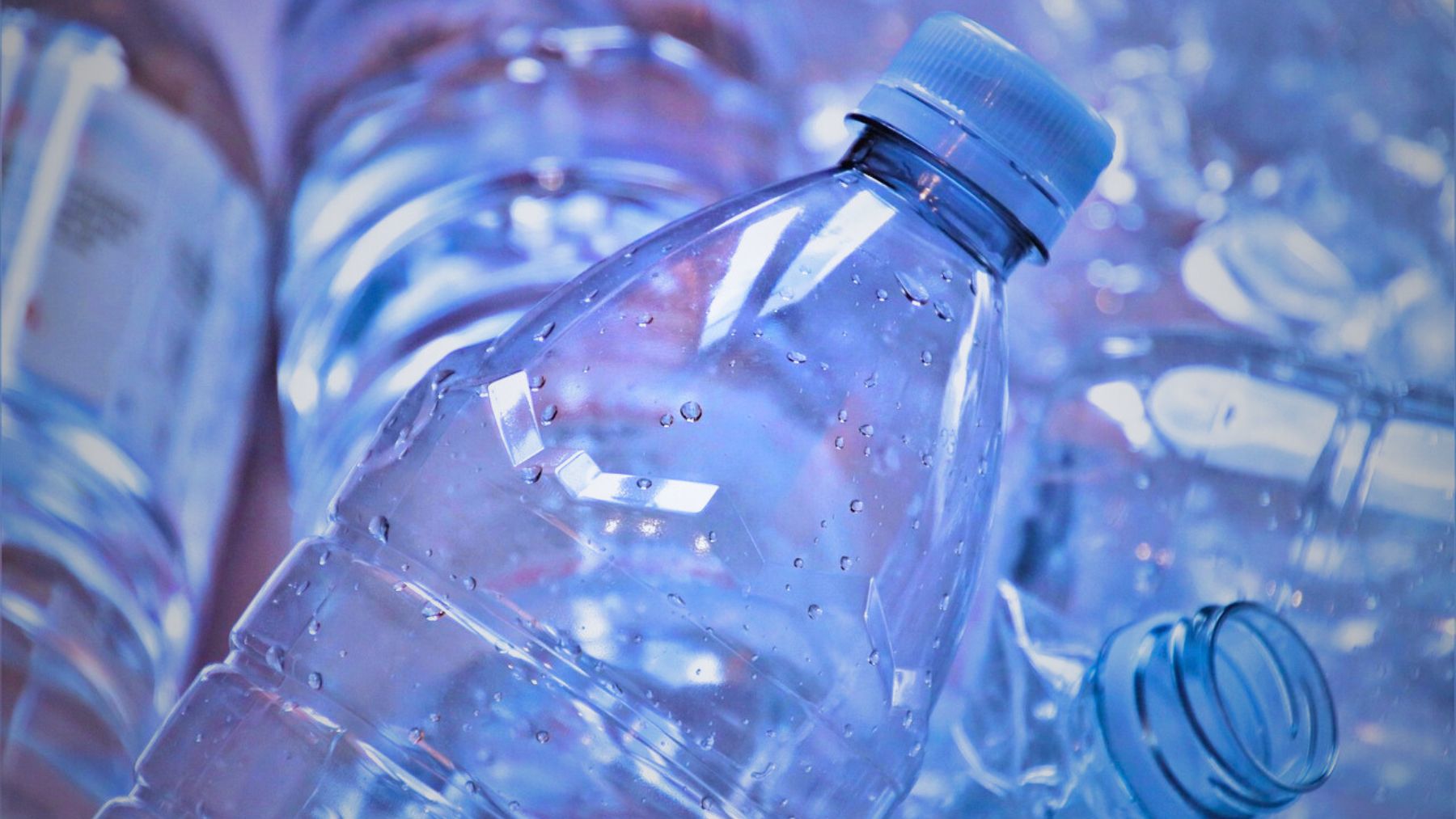Plastic water bottles can be found everywhere. While they may seem harmless, experts warn that their impact on your health and the environment is anything but benign. According to Sarah Garone, NDTR, a wellness expert and health writer, it’s time to rethink our reliance on disposable plastic water bottles.
Garone highlights the surprising risks that plastic bottles pose. With harmful chemicals seeping into our water and the massive environmental impact, the argument for abandoning plastic water bottles gets more compelling every day. Here are five critical reasons to make the switch to reusable bottles today.
Convenience and accessibility
While plastic bottles may appear convenient, they have hidden downsides. Investing in a reusable water bottle can save you the hassle of constantly searching for your next disposable one. Options like bottles with built-in filters simplify refilling from almost any water source and make tap water clean and refreshing.
Cost-effectiveness
Switching to a reusable water bottle benefits both the environment and your finances. A reusable bottle, typically costing between $10 and $20, can save you hundreds of dollars over time. For instance, bottled water costs about $1 to $2 per 16-ounce bottle, while filling up at home with filtered tap water costs just pennies.
Investing in a home water filtration system, such as a filtered water pitcher or a reverse osmosis system, can initially seem expensive. However, it quickly pays for itself by providing clean, tasty water at a fraction of the cost of bottled water.
Sustainability and waste reduction
Making the switch to a reusable bottle is a powerful step toward reducing waste. Every plastic bottle you don’t use is one less piece of trash that could end up in a landfill or polluting the ocean. Plastic bottles take around 450 years to decompose, and millions of tons of plastic enter waterways annually. This contributes to devastating environmental consequences, harming marine animals and ecosystems.
Even the production of plastic bottles takes a toll on the planet. Made from petroleum-based materials, these bottles require significant energy and resources to manufacture and transport. By eliminating disposable plastics from your routine, you’re helping to reduce these environmental impacts right from the start.
Health risks of plastic water bottles
Perhaps the most compelling reason to avoid plastic water bottles is their potential danger to your health. Research has found that chemicals such as bisphenol A (BPA) and phthalates can leach into bottled water. These endocrine disruptors have been linked to reproductive issues, thyroid dysfunction, and developmental problems in children.
Reusing plastic bottles amplifies these risks, especially when exposed to heat. Leaving a bottle in a hot car or washing it in high heat increases the release of harmful chemicals. Studies have also revealed hundreds of potentially hazardous substances in water stored in plastic bottles.
Choosing a reusable water bottle over disposable plastic is a commitment to your health, the environment, and your finances. As Sarah Garone emphasizes, making the switch is an easy yet impactful way to protect yourself and the planet. With so many reusable options available, there’s no reason to stick to the old habit of plastic water bottles.

